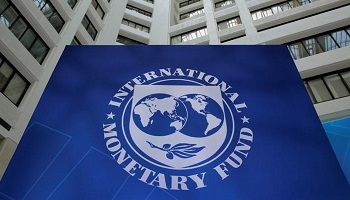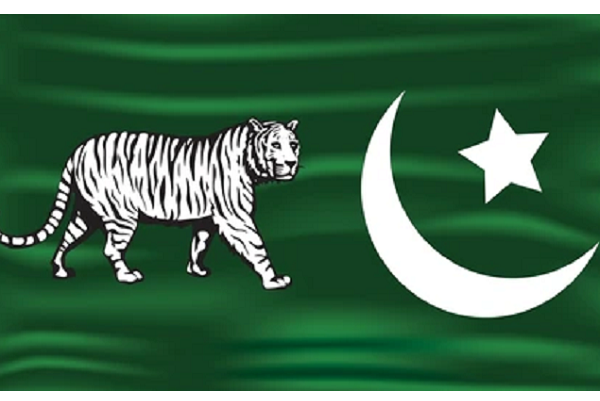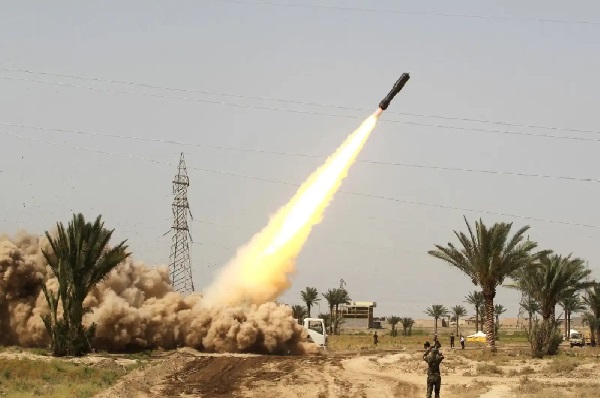Sustainable architecture is a design approach that seeks to minimize buildings' negative environmental impact by maximizing efficiency and moderation
ISLAMABAD: The International Monetary Fund (IMF) has asked Pakistan to reduce import tariffs, ensure General Sales Tax harmonisation, enter into free-trade agreements and take ownership of underfunded Sustainable Development Goals (SDGs).
At a joint meeting of the Senate and National Assembly standing committees on finance, a visiting staff mission of the IMF briefed the parliamentarians on Pakistan’s trade growth, SDGs financing and GST harmonisation.
Informed sources said the IMF team put SDGs costing at Rs6.196 trillion until 2030 and wanted creation of additional fiscal space.
This came amid media reports that Pakistani authorities and the IMF mission had completed the second review of the $6bn bailout programme and agreed not to bring a mini-budget or increase taxes during the current fiscal year despite a massive revenue shortfall. However, a finance ministry official said talks would continue on Thursday.
The sources, however, said the IMF team expressed dissatisfaction over performance of the Federal Board of Revenue (FBR) and government’s revenue reforms as the key goal of the fund facility — broadening of tax base — did not see any tangible progress. Equally disturbing was wholesalers’ and retailers’ resistance to documentation.
“I am busy, can’t talk,” said Finance Secretary Naveed Kamran Baloch when approached for comment.
IMF’s resident representative Teresa Daban Sahchez also did not respond to request for comments.
Finance ministry’s spokesperson and special secretary Omar Hameed Khan said the talks had not been concluded yet and would continue on Thursday.
Some reports suggested the two sides agreed that revenue target would not be further revised downward though FBR members expressed their inability to cross Rs4.8 trillion against a budgeted target of Rs5.55 trillion this year.
The government, however, committed to give its maximum to get as close to the revised target of Rs5.238bn as possible. This was reinforced by Adviser to the Prime Minister on Finance Dr Abdul Hafeez Shaikh who told the National Assembly that non-tax revenue collection would surpass target and hopefully reach Rs1.5 trillion against previous estimates of about Rs1.1trillion.
The sources said the IMF mission had not yet absorbed the government’s decision to keep a freeze on energy prices for 18 months as the authorities had only recently finalized a three-year circular debt reduction plan in consultation with the lending agencies, including the IMF, the World Bank and the Asian Development Bank. That is where the authorities have to convince the lenders through their alternative plan before the conclusion of the ongoing talks.
PML-N MNA Dr Aisha Ghous-Pasha said the parliamentarians told the IMF staff that their prescriptions about SDGs and trade improvement appeared genuine but impossible until Pakistan was under the Extended Fund Facility of the IMF to be adhered to by the authorities for the next three years.
She said the two sides discussed the country’s economic situation including high inflation and stagflation, rising joblessness and contracting economy but the IMF team did to make any firm commitment.
PPP Senator Farooq H. Naek, who is also chairman of the Senate committee on finance, said there was no discussion on mini-budget at the meeting but the IMF wanted the government to take ownership of the SDGs and work towards delivering those targets.
He said the Fund noted Pakistan’s import tariff to be too high and wanted its rationalisation and also suggested greater incentives to small exporters to increase exports. At the same time, the IMF encouraged Pakistan to enter into free trade agreements (FTAs) with more countries, or else exporters would not be able to increase exports.
Mr Naek said the parliamentarians took up the issue of rising inflation following the IMF programme as the authorities were continuously increasing power and gas rates, forcing more people into the poverty trap but got no answers.
Some members questioned the bias against local industry under the terms of trade as part of IMF programme that envisaged zero taxes on imported materials compared to 17pc GST on local products.
You May Also Like
ISLAMABAD: The ruling Pakistan Muslim League Nawaz (PMLN) emerged victorious on most seats in the by-elections, according to
SYRIA: Rockets were fired late Sunday from northern Iraq at a military base in Syria housing a US-led coalition, according to Iraqi security






